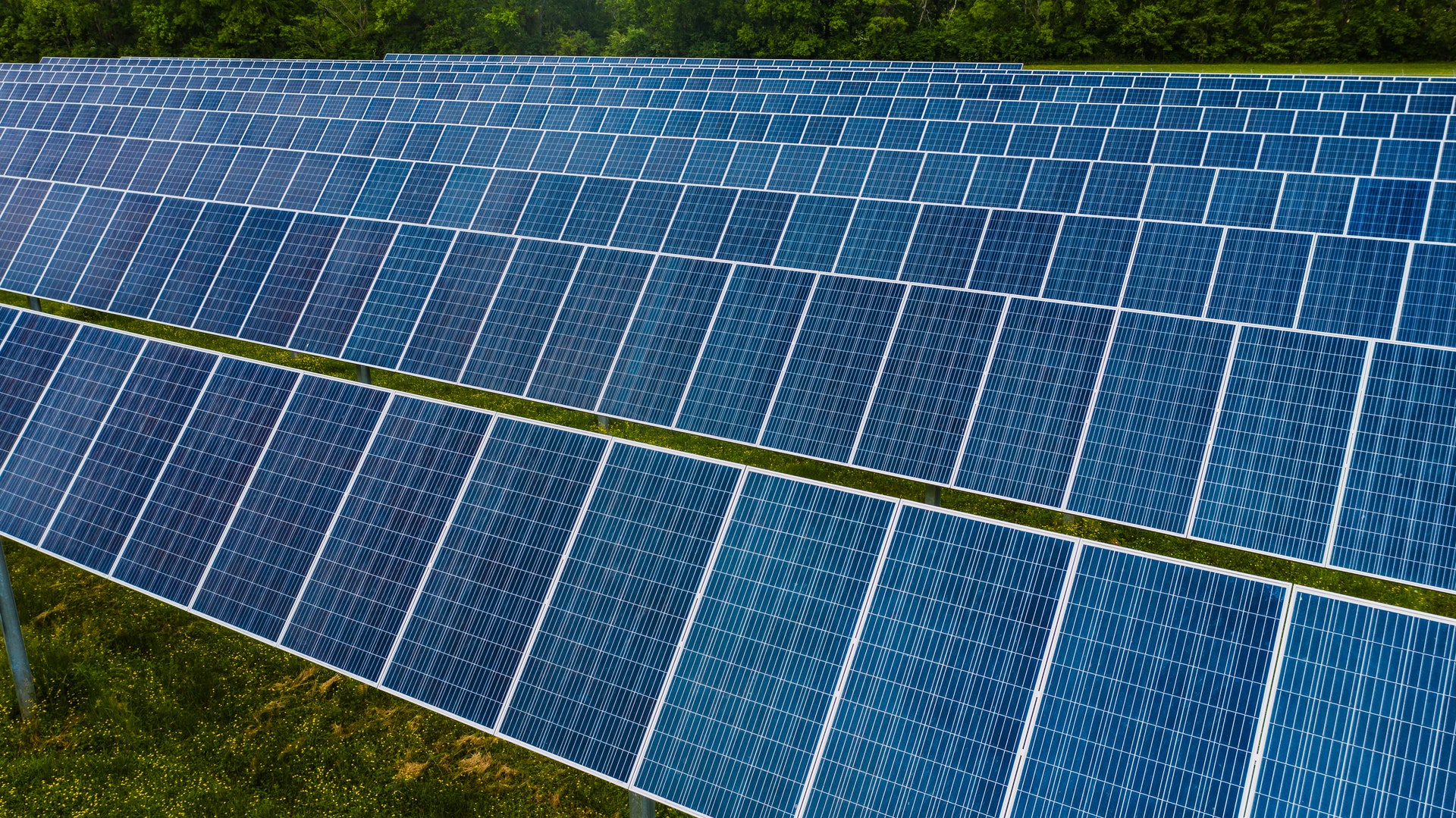
Solar Energy in Portugal: The future is more present than ever
Portugal should reach the 2030 target already in 2025 regarding energy production via renewable sources such as solar energy. According to Adene (Agency for Energy), the forecast is to reach 80% of energy produced from renewable energies five years earlier than planned. By January 2022 almost 60% of electricity will come from renewables. How much of this energy comes from solar energy? National solar PV capacity had an increase of 710 MW in 2021. This increase in solar photovoltaic capacity represents a record: Portugal reached 1777 (MW) of power..
Portugal was the fourth country in Europe with the highest incorporation of renewable energies in electricity generation, according to the renewable electricity bulletin of the Portuguese Renewable Energies Association (Apren). Ahead were only Norway, Denmark and Austria. What does this tell us about the present and future of solar energy in Portugal?
Solar Energy Targets in Portugal and Europe
- Faster authorisation rules for new projects with the aim of limiting authorisation procedures for rooftop solar energy in existing buildings to three months.
- Solar strategy to make solar panels mandatory on the roofs of all new buildings.
Regarding authorisation processes, the European Commission wants the time for projects in renewable areas not to exceed one year and the authorisations for repowering in areas with capacities below 150 KW not to exceed six months.
Portugal’s focus on renewable energy
Developing the use of renewable energies aims at economic and environmental goals. Currently, Portuguese factories are the second most polluting in Europe. According to Pordata data announced on 9 May 2022, Portugal comes just behind Latvia in the intensity ratio of atmospheric emissions from industry. This ratio is eight times higher than that of Spain and 40 times higher than that of Germany. A fact to be taken into account when making choices regarding the energy source to be used.

Benefits of solar energy in Portugal?
Firstly, why is solar energy in Portugal an excellent bet? Because Portugal is one of the countries in Europe with the greatest availability of solar radiation. Our country has 2,500 to 3,200 hours of sunshine per year, an average of 4 to 6 hours in winter and 10 to 12 hours in summer. In other words, Portugal has this clean, abundant and free energy as a source for producing electricity.
- Savings on electricity bills
- Decreased energy dependency
- Substantial reduction in CO2 emissions
- Image of sustainability
But there is more. Investing in solar energy has other advantages:
- Solar power plants need few maintenance
- The technology of solar panels is increasingly evolved with more power and at less costs
- Solar energy is an excellent solution for remote places or places with difficult access
Having listed many advantages, what are the options?
Which kind of PV installations are there in Portugal?
There are two options for installing a photovoltaic system: Self-Consumption Production Unit (UPAC) and Small Production Unit (UPP).
UPAC
This installation allows the production and self-consumption of the solar energy produced. Thus, it substitutes totally or partially the energy that is usually purchased from the Public Service Electricity Network (RESP). The energy produced by the photovoltaic system is only used when there is consumption. It is possible to accumulate and store surplus energy for later phased consumption. In this case, you will additionally need to install batteries.
The UPAC can be connected or not to the public grid. there are two options for the surplus energy: You can choose between a self-consumption system without surplus, which is a zero injection system that prevents surplus energy from being injected into the grid, or a self-consumption system with surplus in which you can inject surplus energy into the public distribution grid and sell your energy.
UPP
This is a photovoltaic installation that produces and sells solar energy to the grid. It replaces the previous micro and miniproduction schemes and is based on the principle of total injection of electricity into the RESP from a renewable energy source and the connection power of the production unit is limited to 1 MW.


